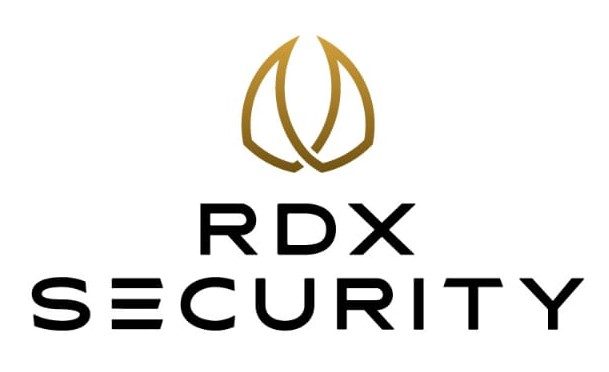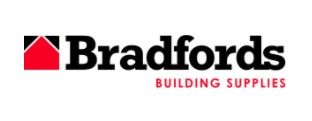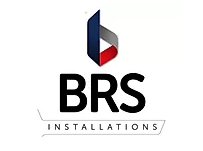Tax Tips for Content Creators & Youtubers
- June 2023
- 5 minutes
The content creators who brought platforms like YouTube into the mainstream media are enjoying the financial rewards as their brand/channel starts to take off. However, as income increases, tax obligations follow. Without sound planning and money management, creators will be forced to pay excessive tax for their success. Although every person’s tax and financial situations are completely different, you can make your channel more tax-efficient and keep more of your earnings in your pocket by following these tax tips.
Our firm TaxQube has supported some big names in the industry and fully understand how important confidentiality and tax planning is to you. Our personalised and knowledgeable approach is perfect for content creators and youtubers. Being specialists in helping the creatives industry means that we can quickly identify your requirements and deal with any problems efficiently and effectively. We are able to transform messy books into neatly organised records using cloud accounting software as our tools.
 What should you consider when forming a limited company?
What should you consider when forming a limited company?
Most content creators started by declaring themselves self-employed, which is highly likely. For channels that generate low levels of profit, this continues to be a beneficial operating method. It can be an easy way to record the income and requires very little initial setup. When profits start to rise and the channel starts to succeed, problems start to appear. Income from self-employment is taxed similarly to income from employment, with class 2 and class 4 national insurance replacing the class 1 national insurance you would typically pay in the context of employment.
This is where the benefits of operating a limited company come in. No matter what the level of taxable profit, the company will only ever have to pay corporation tax at 19% rather than the variable tax bands that you find in self-employment. It is worth noting that you will have more tax to pay on the amount that you draw but anything left in the company will only be taxed at the corporation tax rate, currently at 19%. Operating as a company also allows you to trade as a separate entity to your personal affairs which provides limited liability that so many people appreciate to protect their assets.
 What business expenses can I record?
What business expenses can I record?
“Can we use this against our tax bill?” is one of the most frequent queries we get as accountants, especially from new businesses. Any expenses that are directly and solely related to business operations can generally be deducted from business profits. This can include everything from the camera and audio equipment used to record the content itself to things like the props used in videos. Always check with your accountant if you are unsure about whether you can deduct an expense or not.
 How can I submit household expenses?
How can I submit household expenses?
Many content producers start out making music or videos in the comfort of their own homes, and even as their brands grow and their audience numbers increase, many still discover that working from home is more efficient than leasing office space. If you decide to work from home, you may be able to deduct a portion of your household expenses related to the use of your home office. Keep track of your annual rent and utility expenses, and then talk to your financial advisor about them when it comes time to prepare your year-end accounts. You might be able to claim more than you think!
 Why should I track my travel?
Why should I track my travel?
Many of the travel expenses you will incur when attending events or generally travelling to record content can be deducted from your taxable profit. Always keep track of your travel expenses, including business meals and dinners, as well as a mileage log for times when you travel for business in your car.
 What types of funds can I withdraw?
What types of funds can I withdraw?
“How can I take money out of the business?” is another frequently asked question that accountants field. There is no problem if you decide to work for yourself because it is assumed that you own the profits made, not some other party. But if you run a limited company, things get a little bit more complicated.
As a director of the company, you will be able to establish a salary for yourself through the business; this will function similarly to any previous employment you may have had, and the cost of your compensation may also be deducted from your profits. If there are profits, you will also be able to withdraw money in the form of dividends, which are taxed more effectively than a salary on your tax return. Be cautious when voting dividends because you can only do so from business profits.
 How do I submit a claim for my mobile phone usage?
How do I submit a claim for my mobile phone usage?
Nowadays, everyone has a mobile phone, and you’ve likely occasionally answered work calls on your mobile. If you are self-employed, you can deduct a portion of your total mobile expenses for business purposes from your taxable profit. For limited companies, you are permitted to purchase mobile phones in the company’s name and give them to the directors and employees without charging a benefit-in-kind fee (as long as only one phone is given to each individual). This not only allows you to deduct all phone expenses from business earnings, but it also enables you to keep business and personal phones apart, preventing unforeseen customer calls from ruining your holiday.
 How do I go about running payroll and keeping employees?
How do I go about running payroll and keeping employees?
If your business is at a point where you are starting to employ staff such as editors or camera operators you need to make sure that you operate correctly in terms of your employment obligations on payroll filing. It always pays to have a competent payroll provider who should be able to handle the bulk of the filing and reporting requirements but you should always make sure that the information held is up to date and that you are making the correct payments for any tax liabilities or pension obligations.
 Why do I need to make personal pension contributions?
Why do I need to make personal pension contributions?
Payments into a personal pension scheme may be a wise decision if you run a limited company and want to pay yourself without paying too much in taxes while you plan for the future. Payments made by a limited company into a plan are tax deductible and do not result in the same tax or national insurance costs as a comparable salary payment. There is no bad time to start saving for the future; the only drawback is that you cannot access this money until you are pension age without paying a fee.
 What is the importance of maintaining good online accounting software?
What is the importance of maintaining good online accounting software?
There are many advantages to keeping good accounting software, regardless of whether you decide to manage the books yourself or hire a bookkeeper to do it for you. As long as it is kept up to date, you will be able to view the company finances whenever you want, wherever you want. At Plus Accounting, we frequently recommend Xero as our preferred online software because it is both affordable and entirely online, allowing you to always have access to your finances even when you’re on the go. The ability to directly link your bank account to the Xero software and other features makes it easier than ever to keep track of your finances.
 When should I see my accountant, and why?
When should I see my accountant, and why?
This may seem like a simple and obvious point in comparison to some of the more technical pieces above but the biggest thing to remember when running your business is to use your accountant when you have questions about your finances.
















